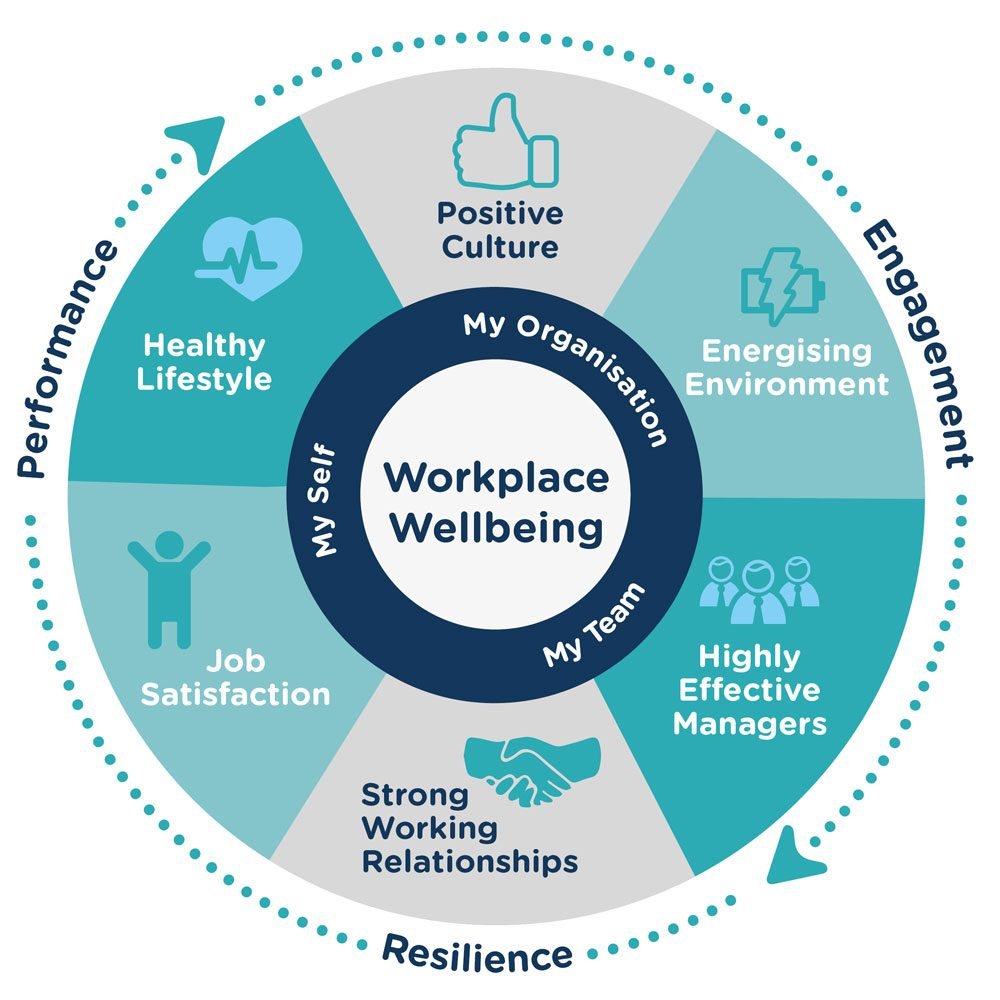Mindfulness and Mental Wellbeing: A Strategic Approach for Business Success
Mental health remains a critical priority for businesses, particularly as workplace stress continues to rise. Organisations must proactively review their approach to mental wellbeing, ensuring that their policies and workplace culture support employees effectively. This year’s Mental Health Awareness Week theme, ‘community,’ encourages businesses to foster supportive environments that enhance employee engagement, morale, and organisational resilience.
The Business Case for Mental Wellbeing
Work-related stress poses significant challenges for businesses. In 2024, nearly 10% of UK adults took time off due to mental health-related concerns, costing the UK economy approximately £57.4 billion annually (Centre for Mental Health). Addressing mental wellbeing is not just beneficial, it is essential for business continuity.
Organisations that prioritise employee mental health experience higher engagement, stronger retention, and improved overall performance. As HR consultants, we advise companies to embed mental health strategies that go beyond compliance, fostering a workplace culture where employees feel valued, supported, and able to thrive.
The Role of Mindfulness in Workplace Wellbeing
One of the most effective yet underutilised approaches to mental wellbeing is the integration of mindfulness practices. Mindfulness is the practice of being present and fully engaged and has been proven to reduce stress, enhance emotional resilience, and improve overall employee wellbeing.
By incorporating mindfulness initiatives, businesses demonstrate a commitment to employee wellbeing and workplace inclusivity. Some practical implementation strategies include:
- Guided meditation sessions or mindfulness workshops
- Digital wellbeing platforms providing accessible mindfulness exercises
- Dedicated quiet spaces within the workplace for reflection
- Encouraging short mindfulness breaks during the workday
The key to success is making mindfulness accessible, inclusive, and easy to integrate into employees’ daily routines.
Why Mindfulness Benefits Both Employees and Businesses
Employees who engage in regular mindfulness practices develop greater emotional intelligence, resilience, and self-awareness, contributing to a more positive workplace culture. Mindfulness has also been linked to better sleep, improved focus, and stronger workplace relationships, further reducing stress and burnout.
For businesses, investing in mental health initiatives such as mindfulness leads to:
- Lower absenteeism due to stress-related illness
- Higher employee productivity and engagement
- Enhanced workplace satisfaction and stronger retention rates
- A positive employer reputation for prioritising employee wellbeing
Building a Supportive Workplace Community
Beyond mindfulness, structured recognition programmes play a crucial role in supporting employee wellbeing. A 2024 study by Mental Health UK found that 81% of HR professionals emphasised the importance of manager feedback and peer recognition in creating a psychologically safe work environment.
Businesses should also consider flexible working arrangements, allowing employees to adapt their schedules in a way that supports work-life balance while maintaining productivity. Organisations that adopt flexible work models often report higher employee satisfaction and reduced workplace stress.
Actionable Steps for Organisations
To foster a mentally resilient workforce, businesses should implement the following strategies:
- Integrate mindfulness initiatives Offer accessible programmes tailored to employees’ needs, such as workshops, meditation sessions, and digital platforms.
- Develop a structured recognition culture Regularly celebrate achievements through formal and informal recognition efforts.
- Encourage workplace flexibility Provide adaptive working arrangements to support employees’ wellbeing.
- Facilitate open communication Establish clear feedback channels where employees feel heard and supported.
- Invest in professional growth Offer training and development opportunities that reinforce long-term engagement and satisfaction.
Need Support with Workplace Wellbeing?
Prioritising mental wellbeing and mindfulness isn’t just about compliance, it’s about fostering a thriving, resilient workforce. By integrating mindfulness, structured recognition programmes, and workplace flexibility, businesses can enhance employee engagement and overall organisational success.
If your organisation is looking for tailored HR support to improve workplace mental health, The HR Team can provide expert guidance on implementing effective wellbeing strategies. Contact us today to discuss how we can help build a healthier, more engaged workforce.









